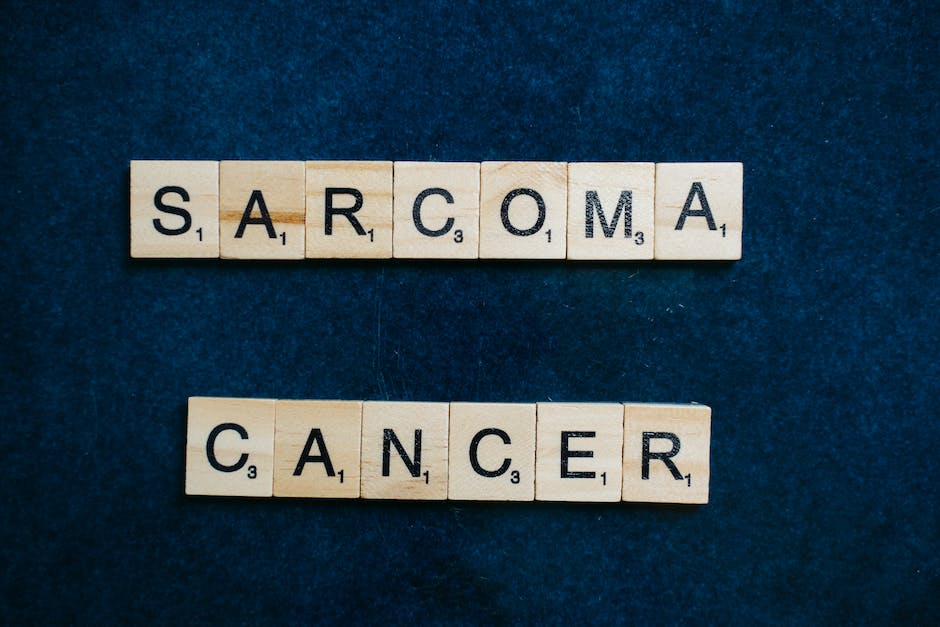
Kaposi’s sarcoma (KS) is a rare form of cancer that affects the skin and mucous membranes and can also involve the lymph system. It is caused by infection with the human herpesvirus-8 (HHV-8), also known as Kaposi’s sarcoma-associated herpes virus (KSHV). This virus is spread through close contact, such as sexual contact, blood transfusions, and by sharing needles. KS is more common in men than women and is more common in people living with HIV/AIDS.
Signs and Symptoms of Kaposi’s Sarcoma
The most common symptom of KS is the formation of red or purple patches and nodules on the skin. These are often painless, but can be tender and can bleed. Other symptoms include fever, night sweats, tiredness and weight loss. KS can spread to other parts of the body, such as the lungs, digestive tract and lymph nodes.
Treatments for Kaposi’s Sarcoma
Treatment for KS depends on the size, location, and severity of the lesions. It may include surgery to remove the lesions, chemotherapy and radiation therapy. In people living with HIV/AIDS, treatment may also include highly active antiretroviral therapy (HAART) to reduce the risk of KS recurrence.
Good health practices to help prevent Kaposi’s Sarcoma
There are several important steps that you can take to reduce your risk of developing Kaposi’s sarcoma, such as:
- Practice safe sex by using condoms and limiting the number of sexual partners.
- Get tested for HIV/AIDS regularly and be sure to make all of your healthcare providers aware of your HIV status.
- Don’t share needles when using drugs or getting a tattoo.
- Practice good hygiene by washing your hands regularly and avoiding contact with people who have infections or illnesses.
Kaposi’s sarcoma is a rare form of cancer that can have serious consequences. By taking steps to reduce your risk, you can help prevent this cancer from developing. Speak with your healthcare provider for more information about KS and the best ways to reduce your risk.
